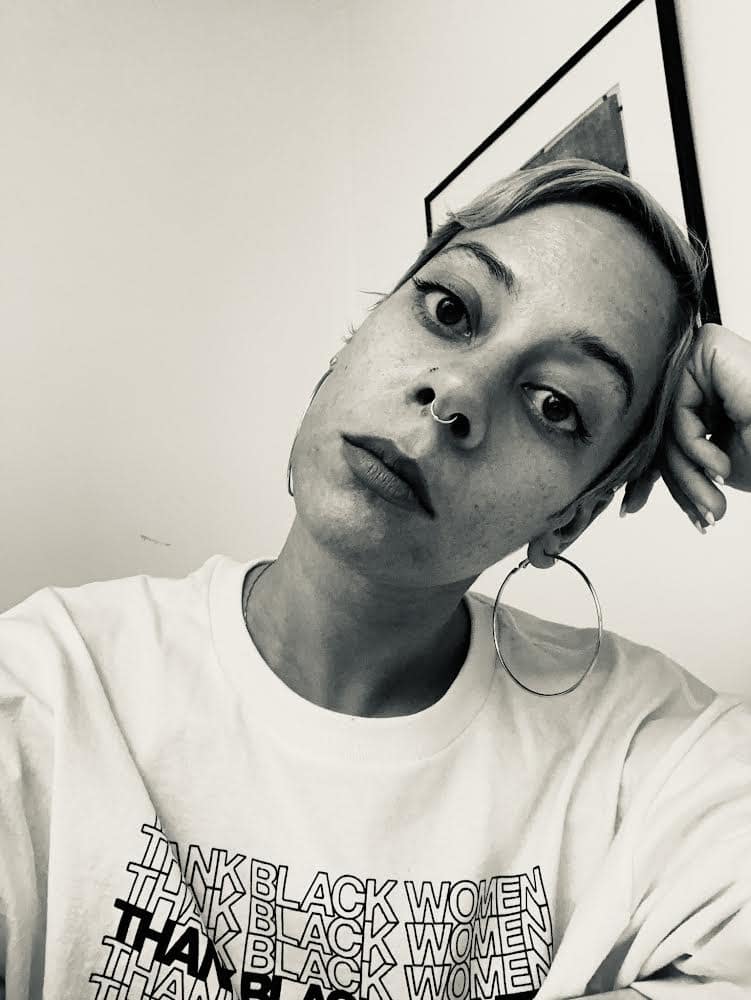Care in Containment: The Geography of Black and Indigenous Encounters within Schooling
Anna Almore
About the research
Award
NAEd/Spencer Dissertation Fellowship
Award Year
2024
Institution
University of Michigan
Primary Discipline
Education
In this study, I work alongside Black and Indigenous educators within the space of the reservation in order to investigate the (im)possibilities of Black and Indigenous relationalities within the site of school. This interdisciplinary dissertation charts the geography created when the technologies of antiBlackness and antiIndianness collide. Or, put differently, I’m curious about the space generated when liberatory aspirations collide with decolonial dreams. In this research study, I explore how the school building becomes a place where we can trouble the seemingly dichotomous, opposing, and separateness of the capacious dreams of liberation/decolonization and violent technologies of anti-Blackness and settler colonialism. Through this research project, I seek to map the contradictions, collisions, and complexities that emerge when we sit in the space created by Black and Indigenous encounters. I employ critical ethnography to notice the ways these tensions emerge in and outside of the school place. I use interviews to listen to and be a witness to the experiences of Black and Lakota teachers who navigate freedom dreams for Black and Indigenous people. I use close reading, historiography, and cultural critique to contextualize these schooling moments into broader discourses around identity, coalition, colonialism, and futurity.
About Anna Almore

Anna Almore is a Ph.D. candidate at the University of Michigan Joint Program in English and Education. She earned a bachelor’s degree in English with certificates in African American Studies and American Studies at Princeton University. She holds a master’s degree in Childhood Education from CUNY’s Lehman College. Grounded in Black queer feminisms, Anna’s current work explores both the materiality of settler colonial technologies in schools and the capaciousness of Black and Native carework. Specifically, she collages together Black and Native teachers’ theorization of their experiences navigating their own schooling as well as their teaching with autoethnography, history, Geography Studies, Black Studies, Native Studies, Black Feminisms, and Political Theory. Previously, she worked for over ten years in K-12 schools in New York City, Texas, and South Dakota. She is the recipient of the Mellon Mays Undergraduate Fellowship, Rackham Merit Fellowship, Rackham Humanities Research Fellowship, Rackham Dissertation Fellowship, Arts & Resistance at the University of Michigan Fellowship, and Institute for the Humanities Fellowship. She was awarded the Marsal Family School of Education Diversity, Inclusion, Justice, and Equity Award and the Isidore and Helen Sacks Senior Thesis Memorial Prize. She’s presented at the American Studies Association, Native American Studies Association, American Educational Research, National Council for Teachers of English as well as organized the Captive Maternal Roundtable, the Black Queer Kinship Histories conference, and the Black Queer Studies Rackham Interdisciplinary Workshop. Her work can be found in Scalawag and Urban Education.
